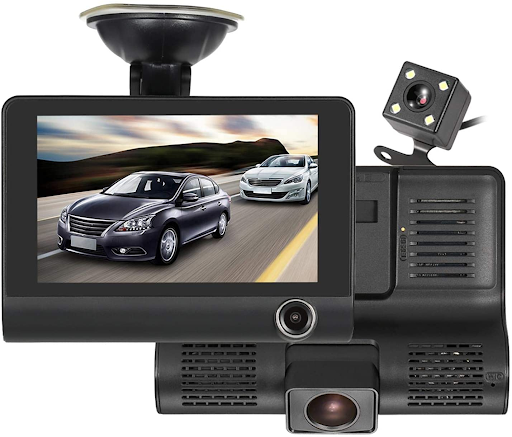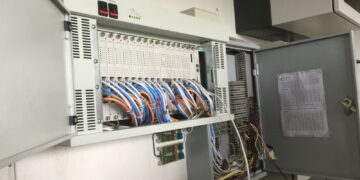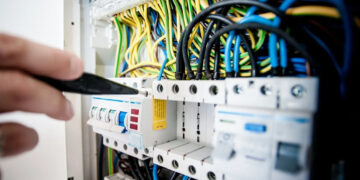When it comes to selecting an ideal car camera, making the right choice is imperative. Right? This camera, (which is also referred to as a dashcam), can give valuable evidence in case of trash or accidents. Not just that, it shields your vehicle from theft or vandalism, as well as enhances your overall driving experience. With a myriad of options available, it can be daunting to choose the one for your needs and fit your budget. Fret not! To help you in this process, here are seven vital tips to consider when picking a car camera.
Research and Compare: Before purchasing a dashcam, it’s essential to conduct thorough research and compare different models. Look for reputable brands as well as read reviews from other users to understand their experiences. By collecting reliable information, you can make an informed decision as well as select the best car camera that meets your requirements.
Video Quality: One of the most crucial elements to consider is the video quality of the vehicle camera. Yes you got that right! Look for a camera that offers high-resolution recording, preferably at least 1080p. This ensures that the captured footage is clear and detailed, allowing for easier identification of license plates and other important details.The video quality of NESA DVR is pretty high; buying it will be a great deal.
Field of View: The field of view (FOV) determines the extent of the area that the car camera can capture. A wider FOV ensures that more of the surroundings are recorded, providing a comprehensive view of the road. Consider cameras with a wide-angle lens, typically 120 degrees or more, to capture a broader perspective and minimize blind spots.
Night Vision: Opt for a dashcam equipped with night vision capabilities, especially if you frequently drive during low-light conditions or at night. Night vision allows the camera to capture clear footage in dark environments, ensuring that crucial details are not missed. Look for cameras with infrared (IR) sensors or enhanced low-light performance for better nighttime recording.
Storage Capacity: The storage capacity of the vehicle camera is essential as it determines how much footage can be saved before it starts overwriting old recordings. Consider cameras with expandable storage options like as microSD cards to accommodate a larger amount of video data. Additionally, choose a camera that supports loop recording, which automatically deletes older files to make space for new recordings.
Additional Features: Cameras equipped in vehicles often come with additional features that can enhance their functionality. Choose the one with GPS logging, which records the location as well as speed of your vehicle. Or you can look for a camera with built-in Wi-Fi, which allows for easy transfer of footage to your smartphone or computer. Consider if these extra features align with your requirements and if they add value to your overall experience.
Price and Warranty: Finally, consider the price of the dashcam and the warranty provided by the manufacturer. First identify your budget based on your needs. Then compare the prices of different models. Keep in mind that while affordability is important, compromising on quality may result in subpar performance. Additionally, ensure that the camera comes with a warranty, as it provides peace of mind and protection against any manufacturing defects.
Wrapping Up
Choosing the right car camera requires careful consideration of several factors. Researching and comparing different models, prioritizing video quality and field of view, ensuring night vision capabilities, and evaluating storage capacity and additional features are all crucial steps.
Additionally, balancing the price and warranty provided by the manufacturer ensures a satisfactory purchase. By following these seven tips, you can select a vehicle camera, such as the NESA DVR, that suits your needs and provides a reliable and effective surveillance solution for your vehicle.






















































